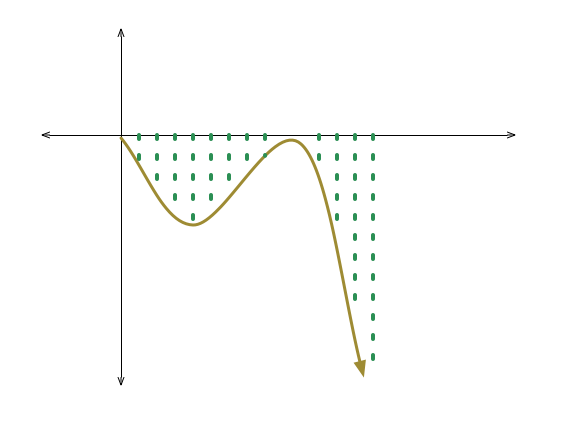The 2 seems out of place
 ∫
0
2
π
x
ln
(
sin
2
x
)
d
x
∫
0
2
π
x
ln
(
sin
2
x
)
d
x
The integral above is equal to C − π A ln B , where A , B , and C are positive integers and B is minimized. Find A + B + C .
The answer is 12.
This section requires Javascript.
You are seeing this because something didn't load right. We suggest you, (a) try
refreshing the page, (b) enabling javascript if it is disabled on your browser and,
finally, (c)
loading the
non-javascript version of this page
. We're sorry about the hassle.
2 solutions
Nice! You always have such clean approaches to these calculus manipulations.
Great use of Latex! FYI, emoji doesn't translate well in Latex.
Can you please explain what is " symmetry argument"??
Brilliant as usual! +1
Honestly, I really admire you. I hope one day I can be level with you, Cleo, achille hui, sos440, Random Variable, Olivier Oloa, robjohn♦, Omran Kouba, and other Great Integrators in Math SE. ٩(˘◡˘)۶
Let the integral be denoted by I . I = ∫ 0 2 π x ln ( sin 2 x ) d x
s i n 2 x = s i n ( π − 2 x ) = sin ( 2 ( 2 π − x ) )
Hence,
I = ∫ 0 2 π ( 2 π − x ) ln ( sin 2 x ) d x
The above step was achieved by using the property:
∫ 0 a f ( x ) d x = ∫ 0 a f ( a − x ) d x
I = 2 π ∫ 0 2 π ln ( sin 2 x ) d x − I
2 I = 2 π ∫ 0 2 π ( ln 2 + ln ( sin x ) + ln ( cos x ) ) d x
2 I = 2 π ( 2 π ln 2 + 2 − π ln 2 − 2 − π )
2 I = 4 π 2 ln 2 − 4 π 2 ln 2 − 4 π 2 ln 2
⇒ 2 I = 4 − π 2 ln 2 ⇒ I = 8 − π 2 ln 2
Note - ∫ 0 2 π ln ( sin x ) = ∫ 0 2 π ln ( cos x ) = 2 − π ln 2
I consider this to be a problem whose derivation can be done easily.
∫ 0 2 π x ln ( sin 2 x ) d x = ∫ 0 2 π x ln ( 2 sin x cos x ) d x = ln 2 ∫ 0 2 π x d x + ∫ 0 2 π x ln ( sin x ) d x + x ↦ x − 2 π ∫ 0 2 π x ln ( cos x ) d x = 8 π 2 ln 2 + ∫ 0 2 π x ln ( sin x ) d x + ∫ 0 2 π ( 2 π − x ) ln ( sin x ) d x = 8 π 2 ln 2 + 2 π use symmetry argument ∫ 0 2 π ln ( sin x ) d x ⇒ or ask Uncle Google 😂 = 8 π 2 ln 2 + 2 π [ − 2 π ln 2 ] = − 8 π 2 ln 2